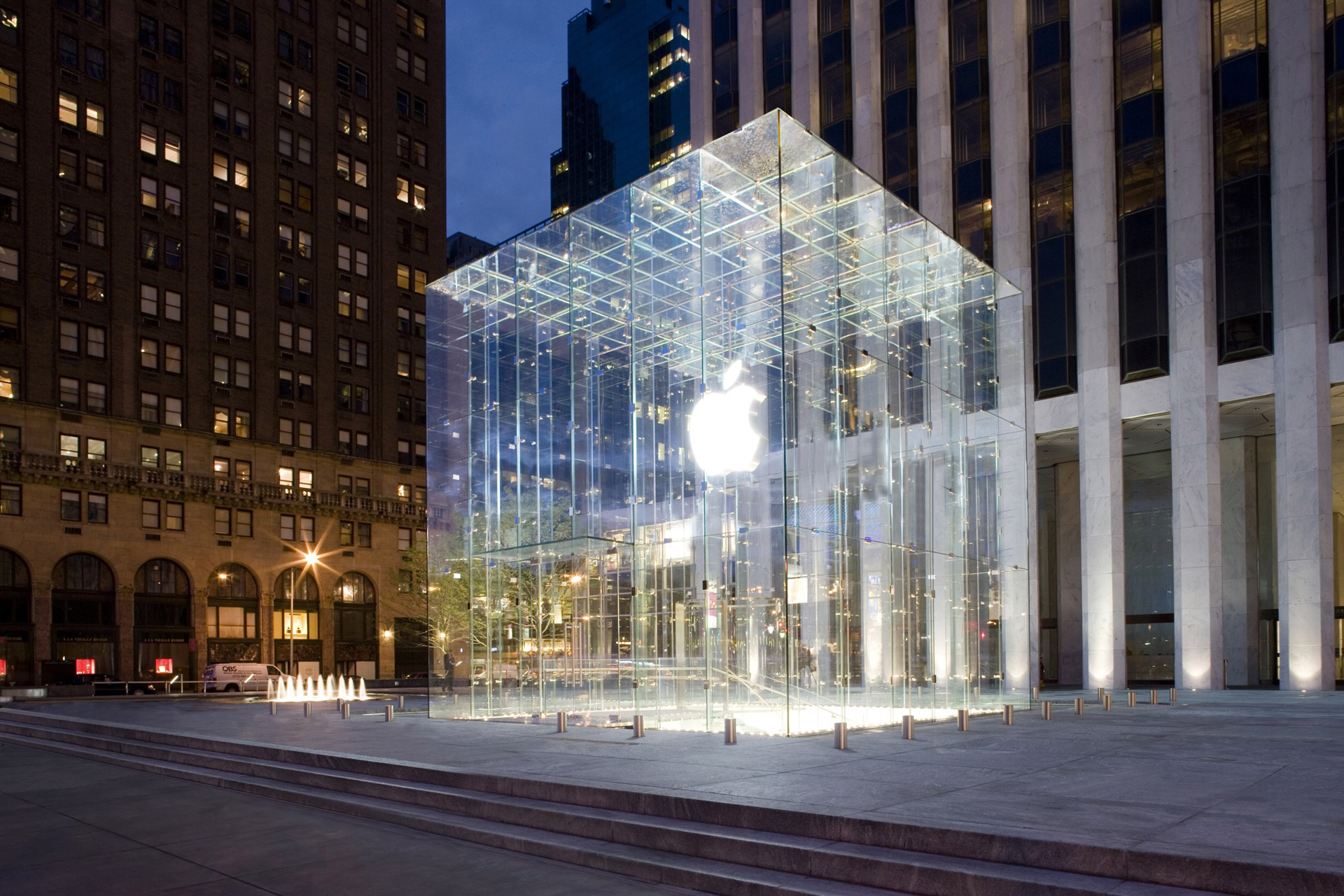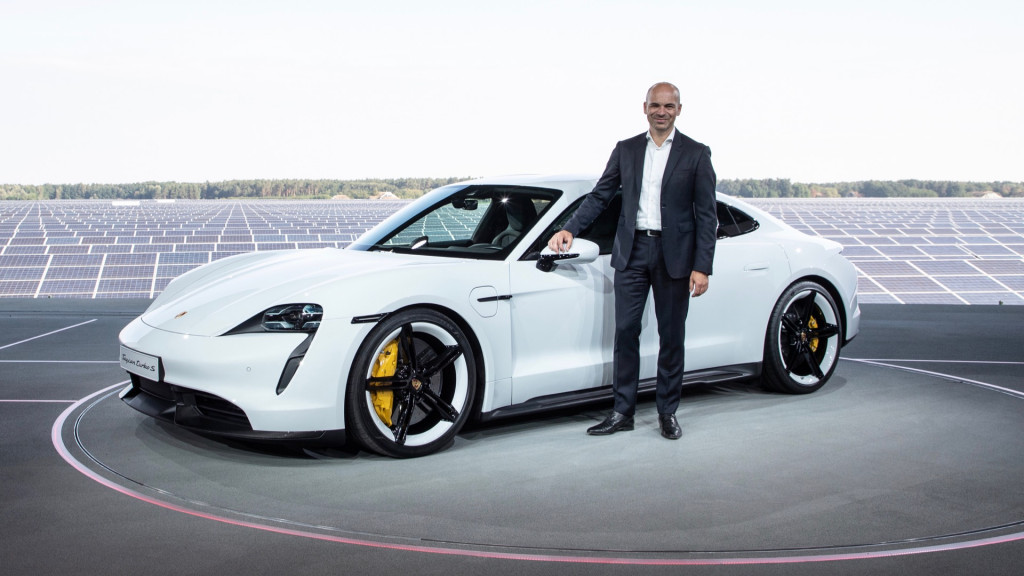Apple reportedly hired Porsche chassis engineer for car project

The latest grist surrounding the oft-rumored Apple car is a report that the tech giant has hired a former Porsche vice president of chassis development, presumedly to work on a planned electric car.
Apple has poached Manfred Harrer from the German automaker, reports Business Insider Deutschland (via 9to5Mac). Neither of the companies or Harrer have commented on the report. At the time of publication, Harrer’s LinkedIn profile listed him as vice president of the Cayenne product line, a role he switched to from the chassis-development position last July.
The report is one of several about the rumored Apple electric car that has surfaced in recent weeks, with others claiming a battery breakthrough and possible tie-ins with Hyundai and startup Canoo. Most point to a 2024 launch date for the car, which is also expected to feature some degree of self-driving capability.

Manfred Harrer
Apple is tipped to be considering using Hyundai Motor Group’s E-GMP modular EV platform, which will debut in the Hyundai Ioniq 5 compact crossover SUV that’s scheduled to be unveiled in February, or possibly a similar EV platform from Canoo. Either option would allow Apple to focus on the things most important to its brand—design and tech—without having to deal with more hardcore automotive engineering, which it has no experience with.
However, another recent report said Hyundai is unsure whether partnering with Apple is a good idea. Apple is expected to employ a contract manufacturer as opposed to building the car itself, with Hyundai (or Kia) at the top of the list. Hyundai is reportedly concerned that its reputation will be tarnished if it is perceived as an automotive version of Foxconn, the Taiwanese firm that contract manufactures iPhones for Apple.
The Apple car project, also known as Project Titan, has been the source of much speculation—with many false alarms. In 2015, it was reported that Apple had designated the electric car as a “committed project” with a “ship date” of 2019, but the company ended up laying off 190 people from the team that year instead.







